Biodesign Institute
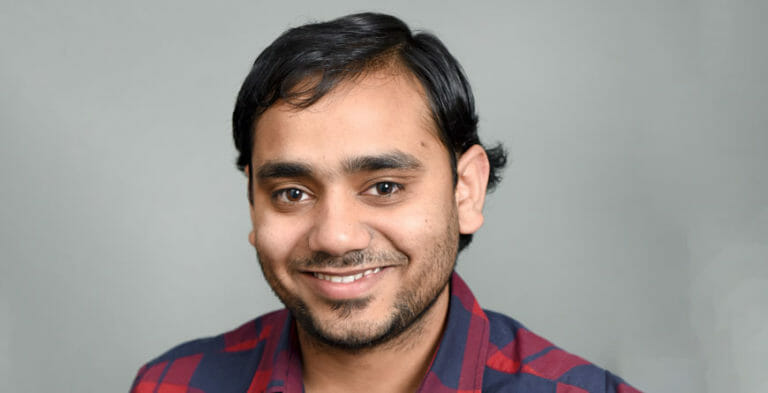
Biodesign student receives award for medical device
Graduate student Swarup Dey invented a DNA nanosensor that mimics transmembrane proteins in the Biodesign Center for Molecular Design and Biomimetics. His innovation has earned him the 2020 School of
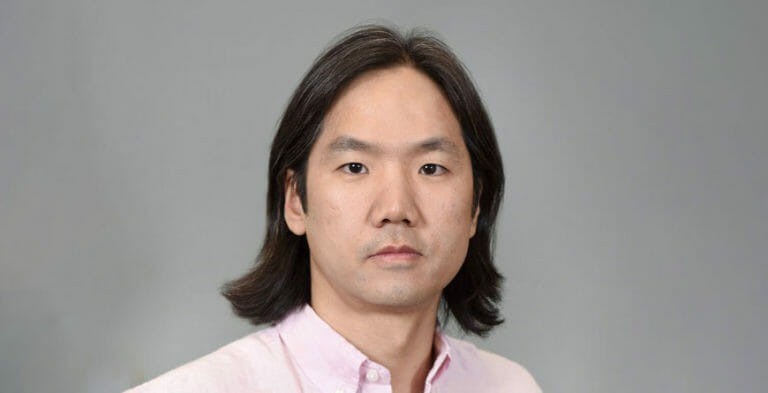
Research center adds three faculty members
The Biodesign Center for Biocomputing, Security and Society extends a warm welcome to three exciting new faculty who have joined the Biodesign Center for Biocomputing, Security and Society. Collectively, they bring new expertise, reinforcing the team’s existing strengths in computational biology and cybersecurity. The newest faculty include: Heewook Lee, Jed Crandall and Ni Trieu. Heewook Lee is an assistant professor with expertise in computational biology. He
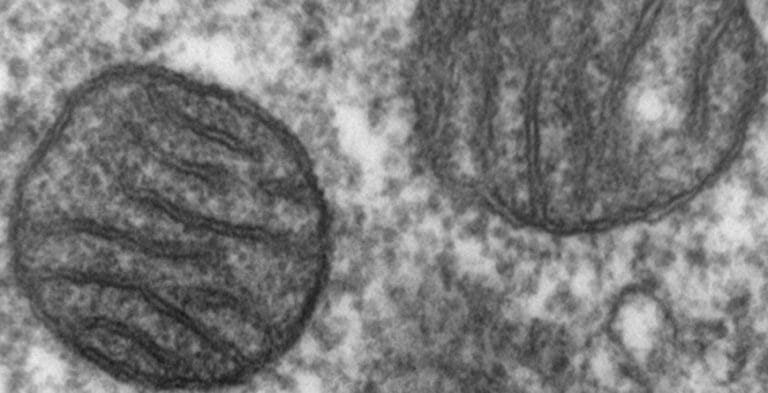
Study sheds new light on mitochondrial disorders
To perform myriad operations essential to life, cells require an energy source. They get it from the molecule ATP, produced through cellular respiration within specialized structures—the mitochondria. The production of

Woodbury named CEO of Science Foundation Arizona
Neal Woodbury, interim executive vice president of Arizona State University's Knowledge Enterprise and chief science and technology officer, has been named chief executive officer of Science Foundation Arizona (SFAz). SFAz
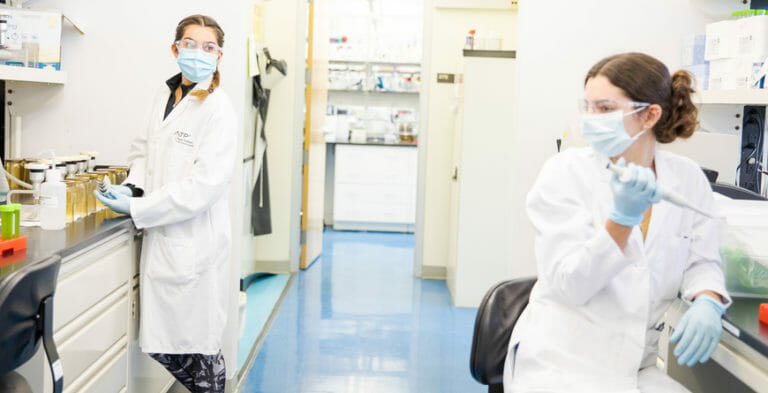
Undaunted: ASU Science forges ahead, despite worldwide crisis
The global pandemic caused by the novel coronavirus has affected nearly every aspect of daily life in Arizona and across the nation, putting many summer activities on pause in the
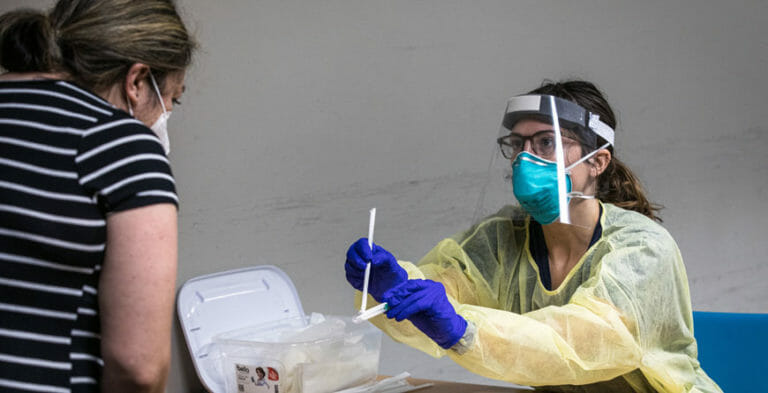
ADHS, ASU announce partnership to increase COVID-19 testing in Arizona
ADHS, ASU announce partnership to increase COVID-19 testing in Arizona ASU will launch program to provide free saliva-based diagnostic testing for up to 100,000 Arizonans The Arizona Department of Health
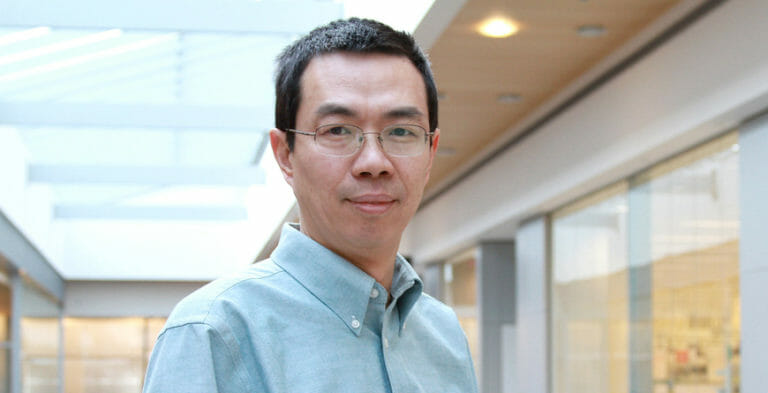
Bacteria visualized with remarkable clarity thanks to new technique
An escalating arms race between disease-causing bacteria and the antibiotic weapons humans have designed to fight them, continues. Disturbingly, pathogenic microbes are often outwitting our best efforts, developing resistance to
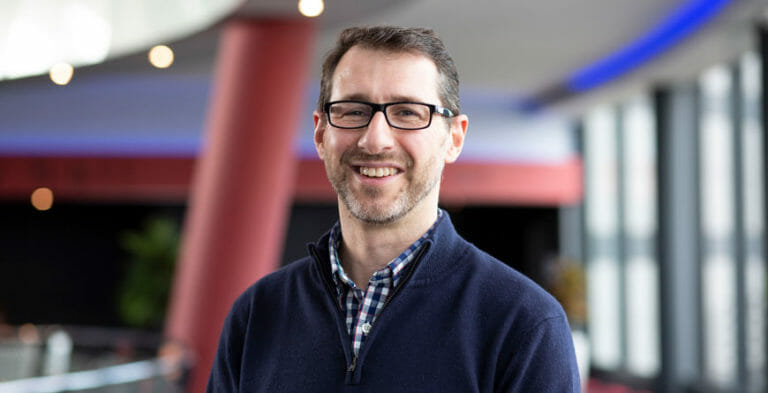
Biodesign Institute appoints director for new Biodesign Europe
In 2013, Arizona State University and Dublin City University signed a Transatlantic Higher Education Partnership, building on this history of collaboration and leveraging our complementary skills and cultural differences. The
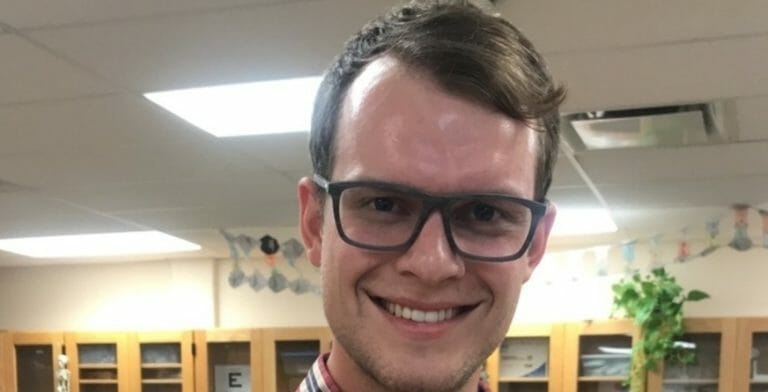
Advances in cryo-EM pave the way for drug discovery
Cryogenic electron microscopy (Cryo-EM) is a powerful technique capable of penetrating the mysteries of the molecular world at near atomic resolution. Along with X-ray crystallography and nuclear magnetic resonance spectroscopy
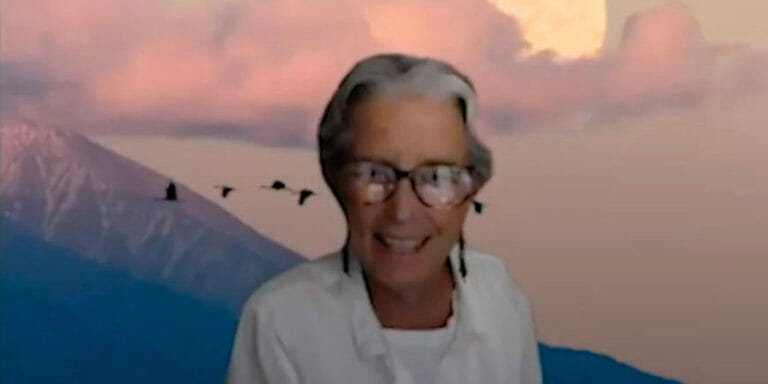
Forrest and co-authors discuss a paper’s impact 24 years on
In 1996, Stephanie Forrest, director of the Biodesign Center for Biocomputing, Security and Society, co-authored the first paper to present a practical approach to automatically detecting cyber attacks against executing computer systems. Twenty-four years later, co-authors of the landmark paper—Steven Hofmeyr, Anil Somayaji, Thomas Longstaff along with Forrest—received the Test of Time Award at the virtual 41st IEEE Symposium on Security and Privacy. The paper, titled A Sense of Self for.
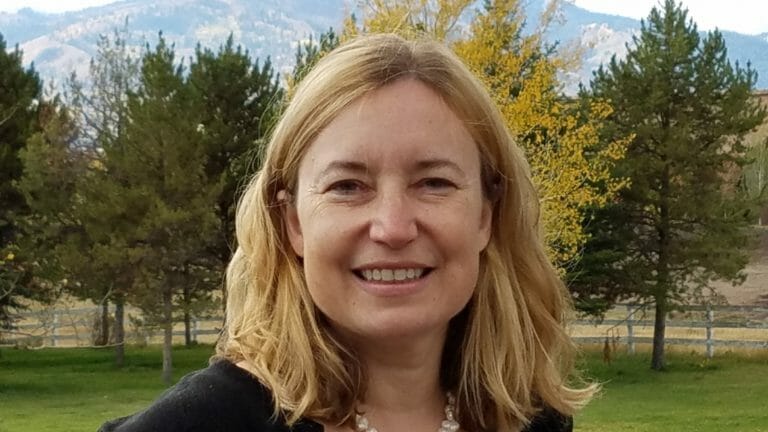
Life sciences professor recognized for outstanding mentorship
Karen Anderson has found that reminding students of the big picture is key to their success. “Sometimes we lose sight of the big picture when we're in the details,” said Anderson,
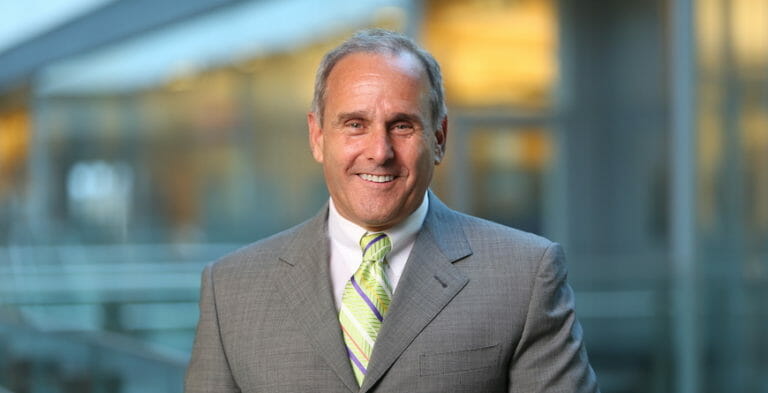
ASU develops state’s first saliva-based COVID-19 test
In an effort to make COVID-19 diagnostic testing easier and more readily available to Arizonans, researchers at Arizona State University have developed the state’s first saliva-based test. “This new saliva-based test